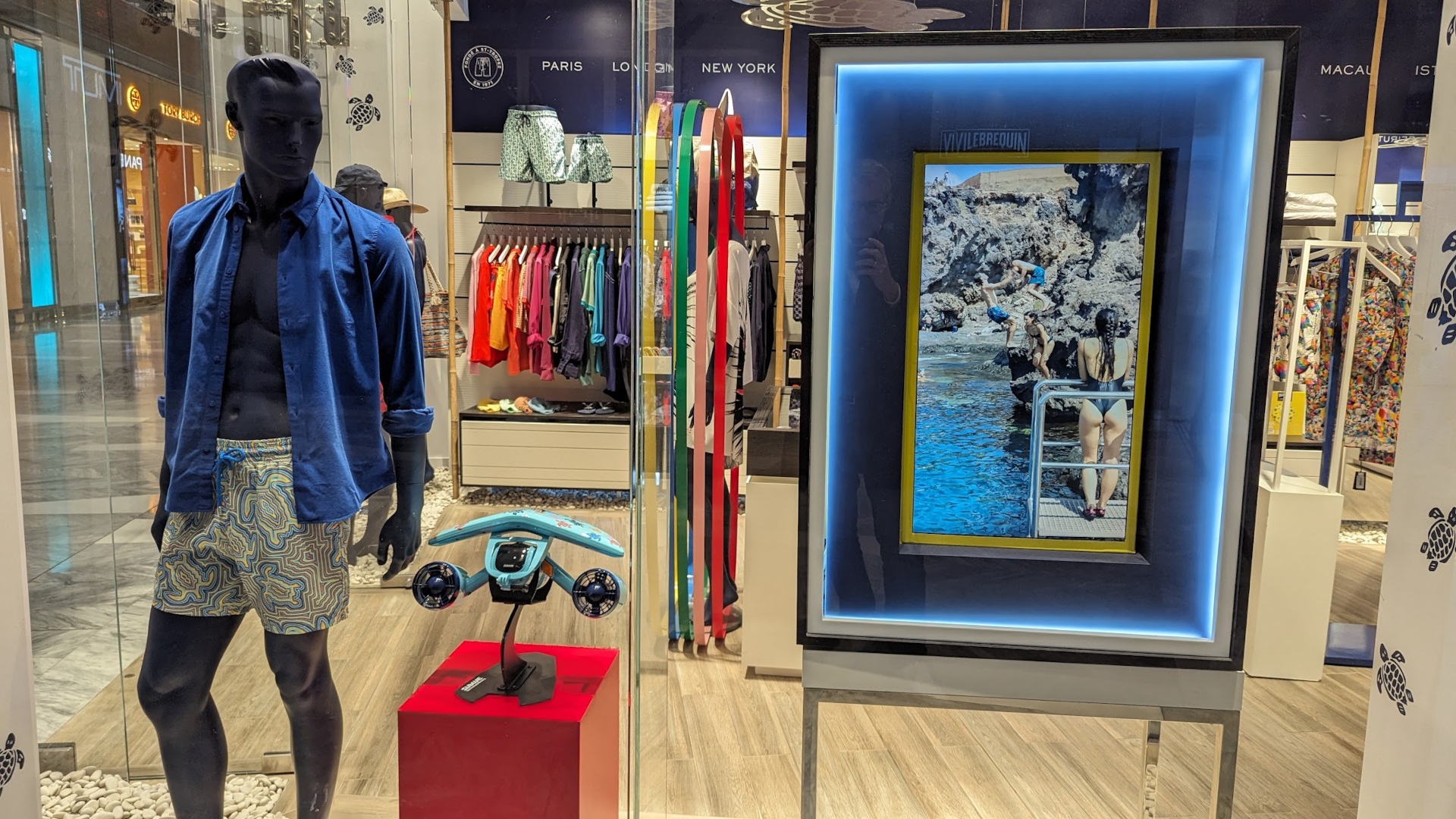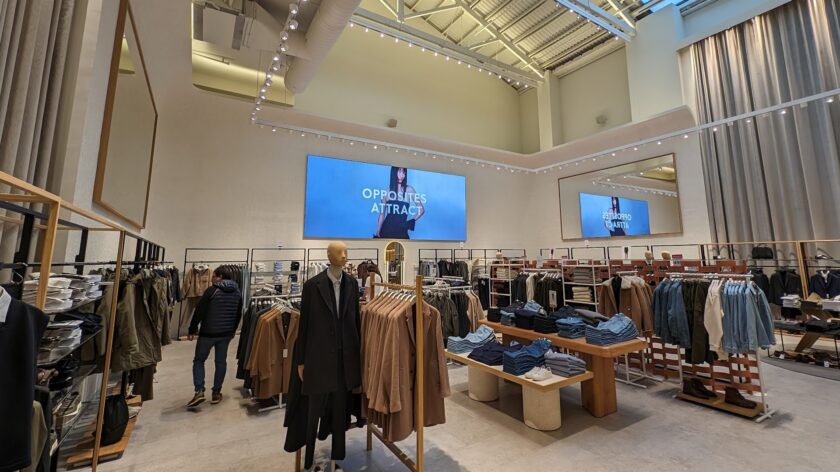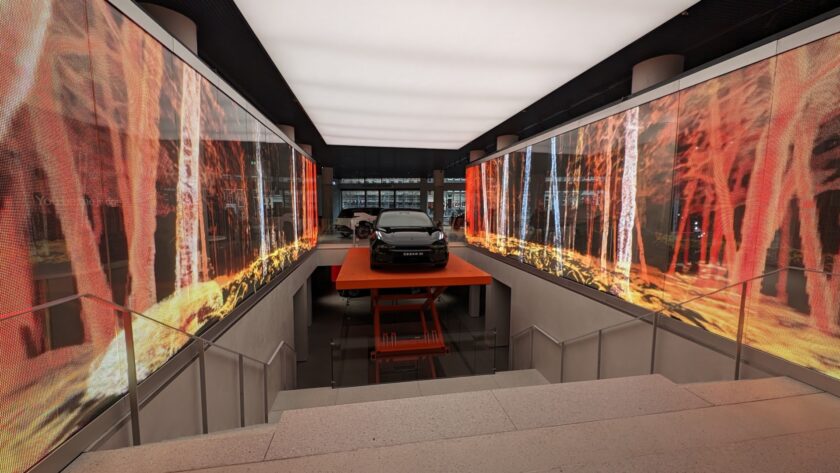Small and medium-sized digital signage integrators and ISVs were the heroes of the early phase of the digital signage industry. For more than a decade, companies with a turnover of usually less than EUR 10 million dominated the industry. Even the first generation of global projects were managed by medium-sized integrators. Today, large digital signage and IT integrators dominate the big deals - what is left for SMEs?

Disruptions: Does Size Really Matter?
Big brands trust big service providers: Europe’s largest pure-play digital signage integrators like Trison, M-Cube or Visual Art and IT system integrators like Econocom, ATEA or Cancom often win the big international tenders.
Today, larger international projects are usually out of reach for smaller digital signage providers due to a lack of a large tender team (bidding department), global partner network, IT security certification and financial size. An unfair advantage from the perspective of smaller providers: in terms of technology and the development of innovative concepts, smaller specialists are at least on a par, and often even better than large international providers. And because of that, there is still a place for smaller integrators.
SME sweet spot market knowledge and cultural sensitivity for customers and consumers
Retail tenders from national chains, mixed conference rooms, and digital signage corporate projects and especially government and educational tenders are the sweet spot for medium-sized digital signage providers. Linguistic and cultural competence are important here.
Due to the lack of long-term customer relationships, regional connections, and geographical proximity to the customer, smaller projects are difficult to win for large international integrators – and SME providers do not have corporate overheads and strict margin requirements, are much more flexible (speedboat) and are therefore hard to beat in this segment.

Industry specialists and hidden champions
Another market segment in which SME integrators are operating increasingly successfully are special vertical market solutions for supermarkets, pharmacies, automotive, or education.
Partnering with leading vertical experts in infrastructure and platforms enables SME integrators to specialize and offers a profitable business model in the niche. Specialization beats size when the business model fits the niche.
Retail media is becoming the new hygiene factor
However, a new trend is causing unrest in some niche markets: retail media, also known as commerce media. The trend of monetizing retail spaces with first-party real-time data is intended to open up new revenue streams for retailers, fitness clubs, and the hospitality industry. At least that is the hope of many business that are desperately looking for new sources of income after the pandemic, inflation, and the fight for talents challenges existing business models.
Many digital signage integrators, especially smaller and medium-sized ones, underestimate the complexity of retail media. The visible technology is deceptive, retail media is changing existing retail business models and the roles of brands and retailers in the marketing value chain. Contrary to general opinion in the digital signage market, retail media is much more than just digital-out-of-home inside a store.
Retail media standards are still missing, but when the dust from the first wave has settled, SME integrators will also be able to participate in the retail media boom.

Exception software: Big is Beautiful
While SME integrators can find a role in the rapidly changing digital signage market, smaller software providers are struggling. Size is the only thing that counts here – number of active licenses, installed base, IT security certificates and a modern tech stack. The development and maintenance of software requires a continuous, high investment that can best be distributed across a broad customer base.
With a few exceptions for special interactive digital signage solutions, software providers with less than 100,000 active licenses and without a modern tech stack will hardly be able to survive in the market. ISV consolidation has already begun and will noticeably gain momentum in 2024.
DSS Europe 2024: Focus on medium-sized businesses and software
invidis will focus on the latest developments in signage and software at the upcoming DSS Europe 2024 (May 22-23). In addition, for the first time we are also planning dedicated SME panel discussions about successful strategies beyond international champions.

